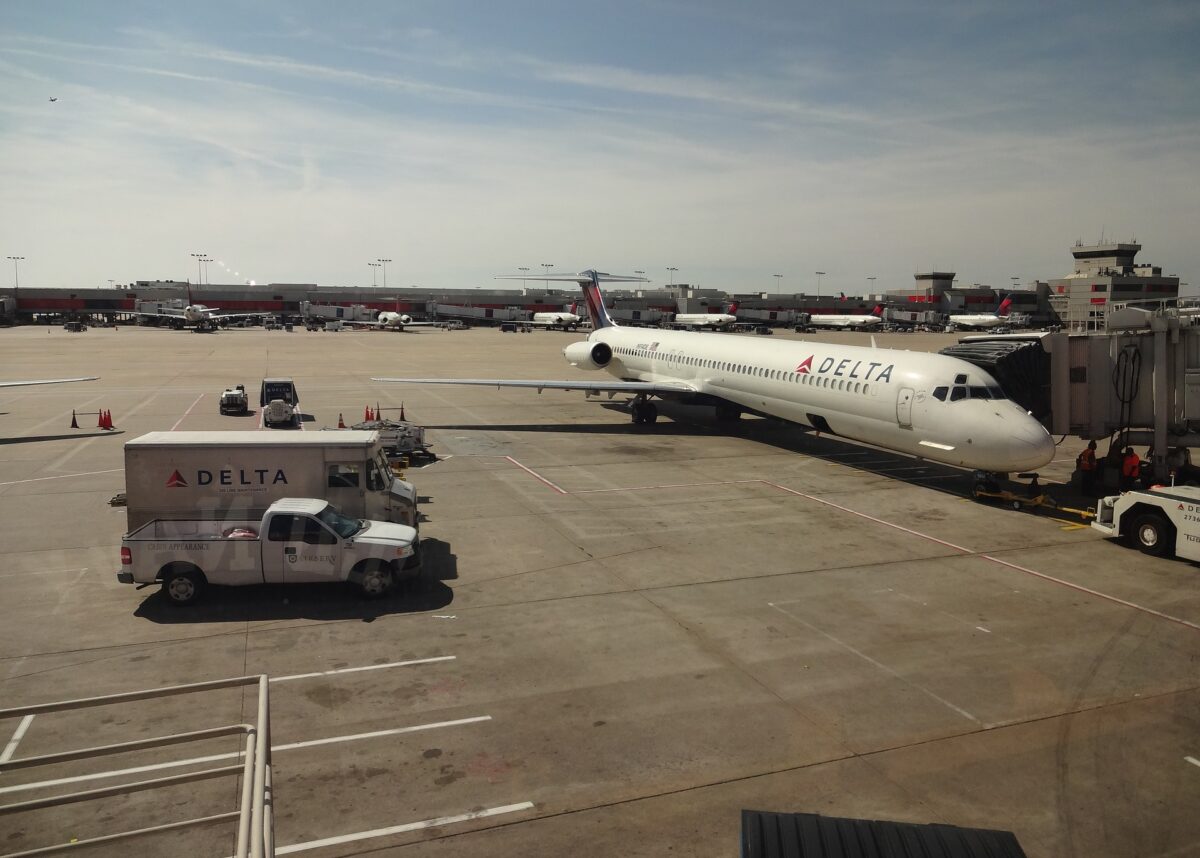As airlines like Qantas and Virgin Australia prepare to make the Covid-19 vaccine mandatory for all staff, US-based Delta Air Lines is taking a different approach when it comes to unvaccinated workers.
From November, unvaccinated employees enrolled in Delta’s account-based healthcare plan will be subject to a US$200 monthly surcharge. In other words: no jab = less net pay.
In Australia, while employers have an obligation to provide a safe workplace, under the current parameters of the Fair Work Act, docking an unvaccinated worker’s pay could not legally be replicated.
“The case in the US is an interesting one. While Delta Air Lines understandably wants to protect the health of its staff, under Australian law, docking the pay of unvaccinated workers toward a health insurance surcharge is not something that could be introduced,” said David Price, CEO of Employsure, which claims to be Australia’s largest workplace relations advisor.
‘Fee’ for being unvaccinated is unreasonable
“There are provisions in the Fair Work Act which prohibit employers from requiring their employees to make payments that are not reasonable or for the employees’ benefit.
“Any requirement to pay any sort of ‘fee’ for being unvaccinated is likely to be considered unreasonable,” he stated.
“If a business owner in Australia attempted to charge unvaccinated workers or dock their pay, it would therefore be in breach of these provisions. Likewise, the same restrictions apply to deductions from employee wages.”
According to Employsure, if Australian employers identify the transmission of Covid as a risk in their workplace, they need to take steps to eliminate or minimise the risk to the best of their ability.
Any instruction must be lawful and reasonable
Therefore, all reasonable measures to control the risk of transmission and infection should be considered.
This may include directing an employee to be vaccinated, as long as that direction is lawful and reasonable. If an employee refuses to follow a lawful and reasonable direction to be vaccinated, the employer will need to consider the employee’s reasons for refusal and address that through the normal avenues based on what is reasonable in the circumstances.
This could mean taking disciplinary action, terminating an employee, or varying their role to minimise their risk of infection.
“Qantas and Virgin Australia have made it clear that all staff will need to be fully vaccinated if they wish to continue working for their respective company. This is a less complicated approach and will likely be the path most employers in high-risk industries will choose to take as the vaccine becomes more readily available,” Price said.












